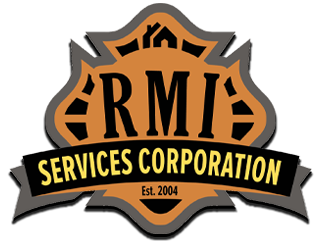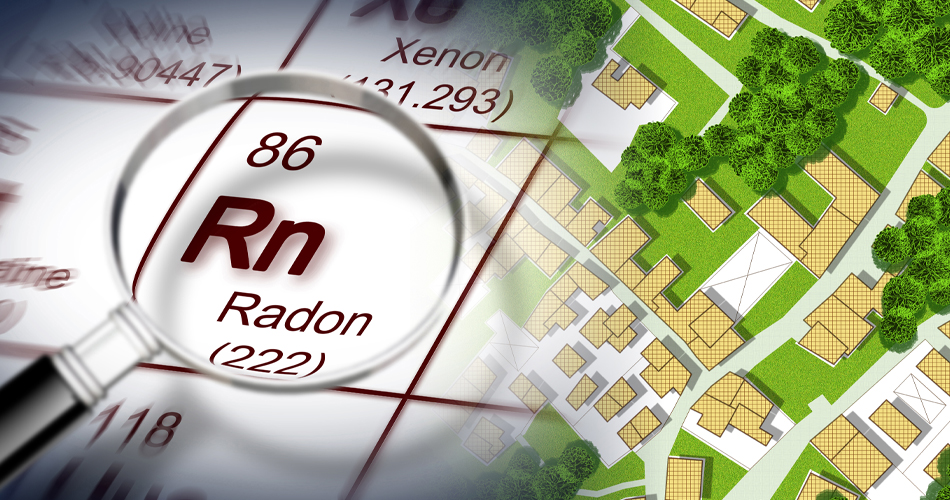5 things to know about radon testing
Radon testing is essential for assessing and mitigating the presence of this radioactive gas in homes and other indoor environments. RMI Services Corp. provides radon testing in and around Coral Springs, Fort Lauderdale, Boca Raton, Pompano Beach, Hollywood, FL.
Here are five important things to know about radon testing:
- What is Radon?
Radon is a colorless, odorless, and tasteless radioactive gas that is naturally produced when uranium in the soil and rock decays. It can seep into buildings through cracks in the foundation, crawl spaces, and gaps in the walls, posing health risks when it accumulates in indoor spaces.
- Health Risks:
Radon is the second leading cause of lung cancer after smoking. Prolonged exposure to elevated radon levels can increase the risk of developing lung cancer, especially in individuals who smoke or have a history of smoking. Therefore, testing for radon is crucial to identify and mitigate high concentrations.
- Types of Radon Testing:
There are two primary methods for radon testing:
Short-term testing: This involves placing a radon testing device, like charcoal canisters or alpha track detectors, in the home for a period of 2 to 7 days to get a snapshot of radon levels.
Long-term testing: This method uses devices like electret ion chamber detectors or continuous radon monitors, which are placed in the home for several months to assess average radon levels over an extended period.
- Ideal Testing Locations:
Radon testing should be conducted in the lowest livable area of your home, like the basement or ground floor. If you spend time in your basement or have a basement that’s used as a living space, testing there is particularly important. Testing should also be conducted in well-ventilated rooms that you use regularly, as radon exposure is most concerning in areas where you spend significant time.
- Mitigation:
If radon testing reveals elevated levels of the gas, it’s crucial to take action to reduce exposure. Radon mitigation systems, like sub-slab depressurization systems or ventilation systems, can be installed to redirect and reduce radon levels in the indoor environment. It’s essential to hire a qualified radon mitigation professional to ensure the system is installed correctly and effectively.
In summary, radon testing is essential for identifying and addressing the presence of this potentially harmful gas in your home. Regular testing and proper mitigation measures can help protect your health and reduce the risk of lung cancer associated with radon exposure. Please call us without hesitation.

